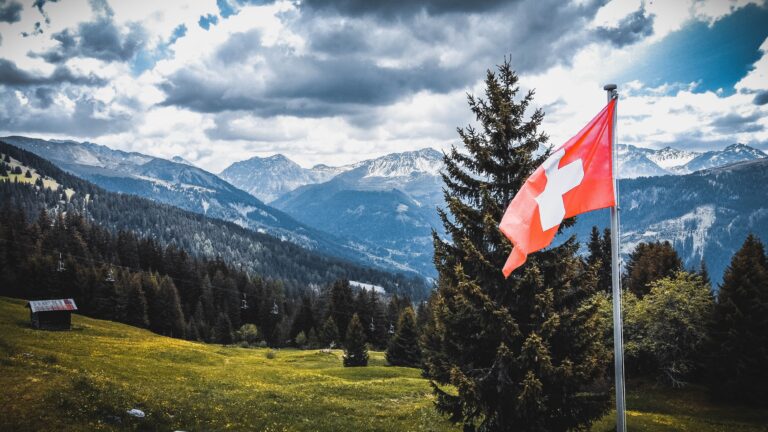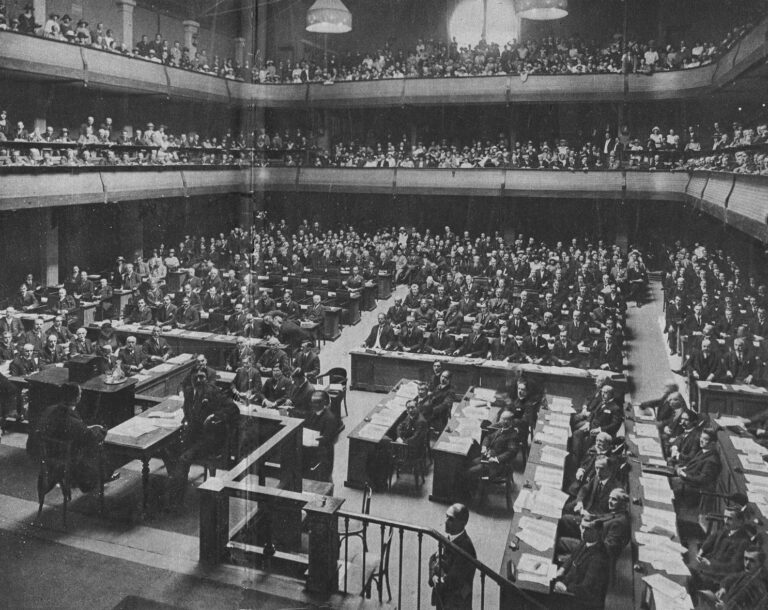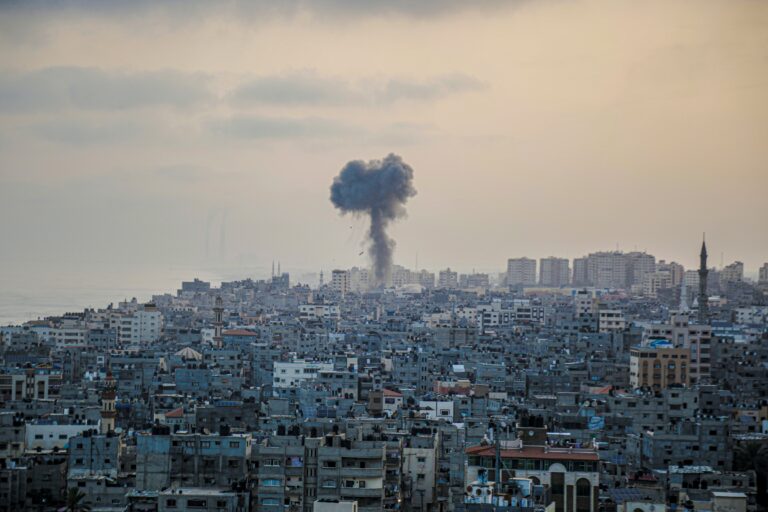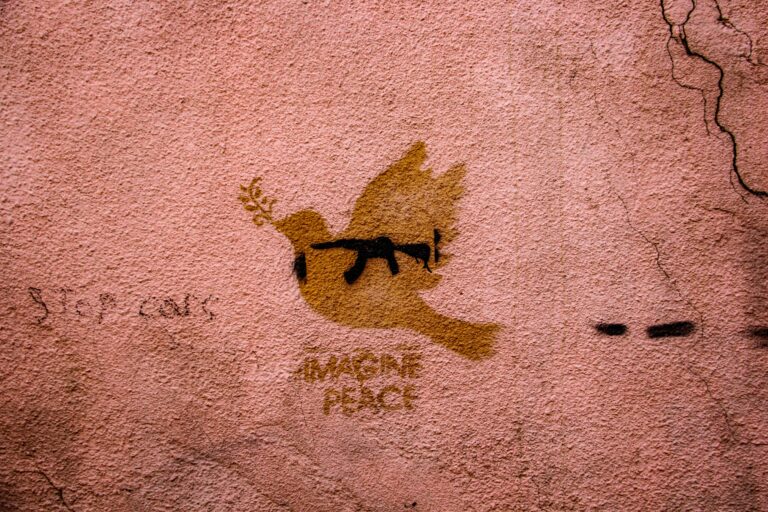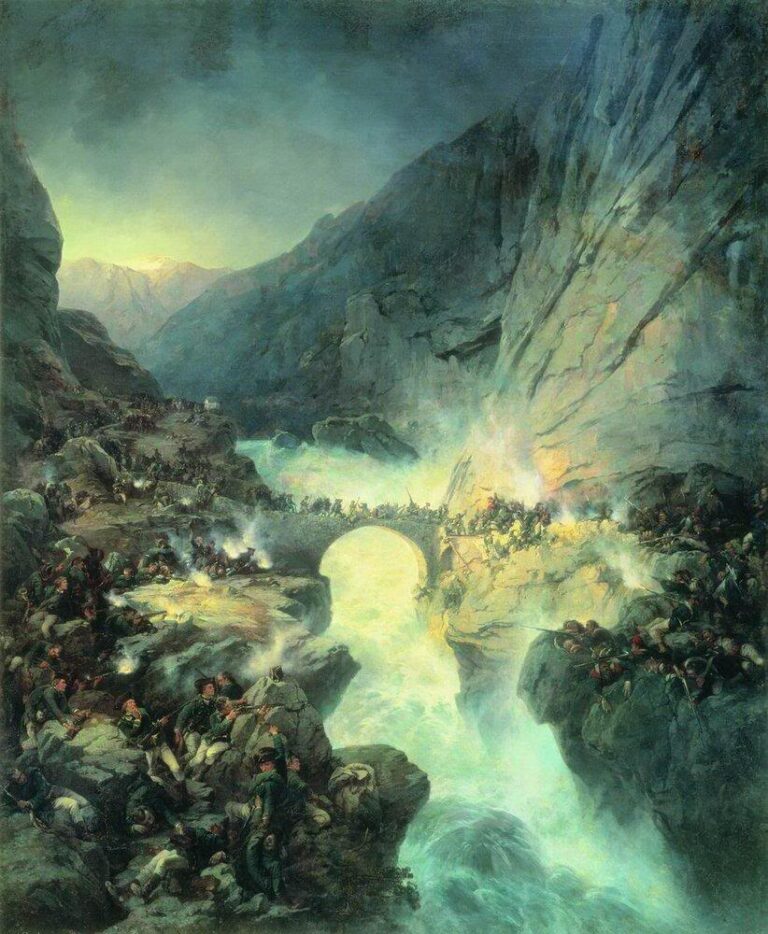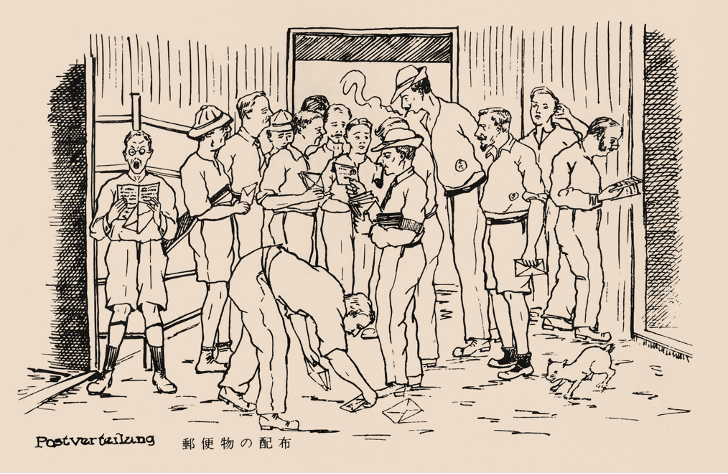Aufruf von Linken und Grünen: Ja zur Neutralitätsinitiative!
Deutsch / Français / Italiano / English Datum: 10. Januar, 2024Zur Mitzeichnung tragen Sie sich bitte hier ein: https://forms.gle/WEBf7toCUtmof1hc8 Die 2022 lancierte Initiative «Wahrung der schweizerischen Neutralität» wird in vielen Medien und von einem Teil der Linken und Grünen als ein rechtspopulistischer Versuch zum Isolationismus gebrandmarkt. Wir widersprechen: Als Linke und Grüne begrüssen und unterstützen wir…

